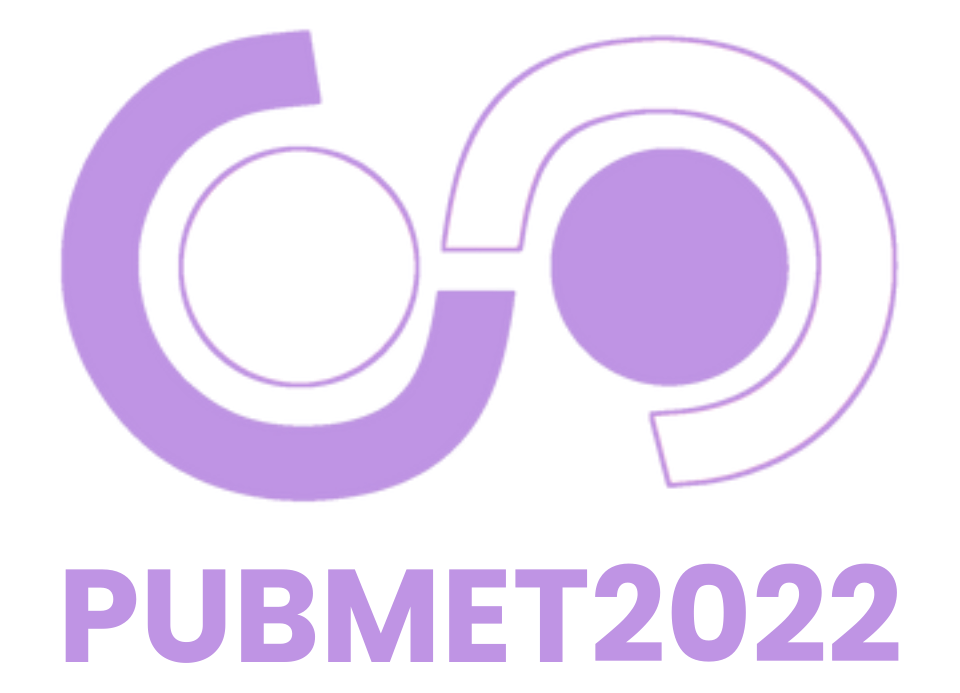Communication in the research process – a prerequisite and result of research


Introduction
During the pandemic, the research and development team within the Department for Education Support of the Croatian Academic and Research Network – CARNET conducted research on the implementation of distance learning. In this paper, the selected methodological approach will be presented with an emphasis on communication supported by digital technologies, which was necessary during the pandemic and isolation.
Methodological approach to research on the implementation of distance learning
The conducted research was based on a mixed approach in which the quantitative and qualitative approaches complemented each other in order to obtain the most relevant results. A mixed approach was conducted by means of questionnaires on large samples of respondents, while in parallel a qualitative action research was coordinated by CARNET and carried out by a selected sample of teachers, professional associates, and principals of primary and secondary schools in Croatia.
Quantitative research was conducted through an online questionnaire that was answered by 535 principals, 5,619 teachers and 20,717 parents (26,871 in total).
The qualitative research was conducted from March to June 2020 and was attended by eleven participants: five teachers, three principals and three pedagogues. Participants regularly kept reflective diaries and participated in communities of practice (Wenger 1998) and individual interviews.
The objectives of the qualitative research were:
- gain insight into the practices of using technology in distance learning,
- provide support to teachers, principals, and pedagogues in conducting research on their own practice, give recommendations for further possible distance learning.
Their testimonies describe each situation without the intervention of external researchers and provide researchers with insight into the actual practices of educators – participants / conductors of research (Meth 2003). Reflective research diaries are a written trail left by practitioners during the research process, detailing what they do and why (Turner 2020).
Communication as a prerequisite and result of a qualitative approach
Throughout the writing phase of the research diaries, the coordinator had intensive collaboration with the researchers. Through weekly meetings and discussions via video call, e-mail and telephone, cooperation and exchange of experiences was maintained. Thirteen focus groups with researchers were also held. Communication of all involved was a prerequisite, but also the result of the research. Due to its importance, the communication strategy was pre-designed and the communication channels were selected that were the most effective and did not require additional mastering of the use of communication tools for video calls and video conferencing. Likewise, the pace and timing of the meeting was measured so as not to further burden the researchers, who were primarily focused on writing diaries.
The research collected more than 220 pages of diary entries and established two communities of practitioners – pedagogues and principals formed one, and teachers the other community, which met separately in a two-week rhythm during the research. In this way, a number of data derived from live group communication was collected. In addition, the research included dozens of hours of individual interviews.
Results
The implementation of qualitative research showed that communication between practitioners and research coordinators is necessary for the implementation of action research. Action research is based on a qualitative paradigm that is essentially subjective and during the application of which knowledge changes under the influence of the cooperation of teachers who are also researchers. The specificity of this research was that the entire collaboration took place online, and communication took place via video calls, e-mails and telephones. Due to the well-designed communication, this research resulted in a diary of 220 pages.
Conclusion
Qualitative action research is based on communication among the researchers, and if it is designed that way, between the researcher and the research coordinator. In an online environment, communication needs to be planned, and related to the digital tool that will be used and related to the dynamics of interactions.
Klara Bilić Meštrić
Croatian Academic and Research Network, Department for Education Support
Zagreb, Croatia
ORCID ID: 0000-0002-0686-4147Jasminka Maravić
Croatian Academic and Research Network, Department for Education Support
Zagreb, Croatia
